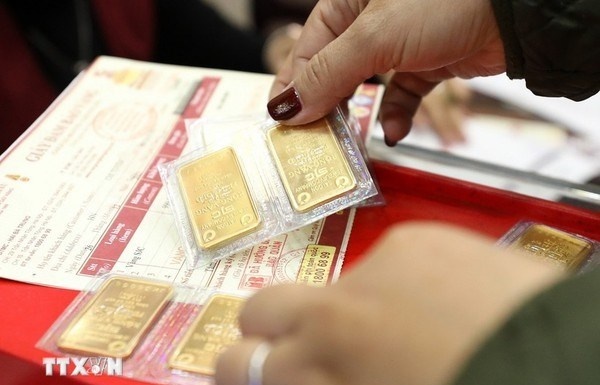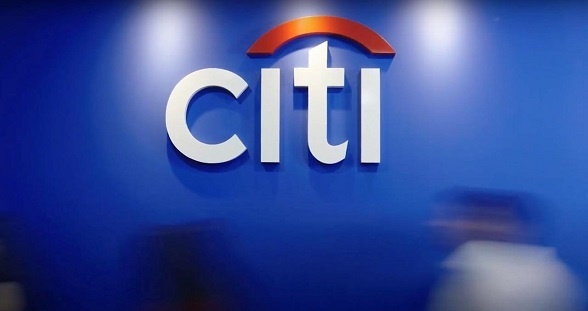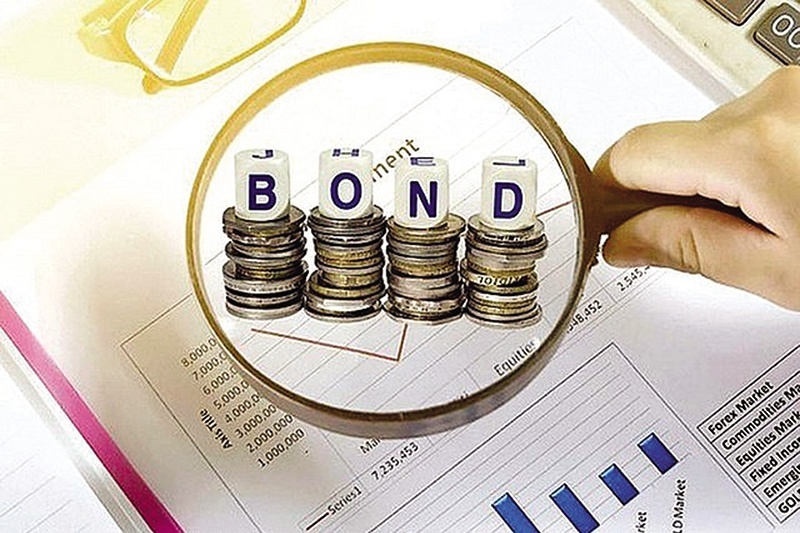Investment strategy in May: Sell and go away?
 |
| According to market statistics, May is not a lucky month for Viet Nam's stock market, as the benchmark VN-Index plummeted over nine years and increased just four out of its 15 years of trading. VNS Photo Nguyen Manh Ha |
According to market statistics, May is not a lucky month for Viet Nam's stock market, as the benchmark VN-Index plummeted over nine years and increased just four out of its 15 years of trading.
Stock analysts believe such declines could be the result of a lack of information each May. Most important macroeconomic news is released during the first quarter, while corporate earnings of listed companies are often reported in April.
Apart from this, foreign trading is also a significant factor that has affected the market in May. Traders often buy robustly in the early stage and in the end of the year, while unloading stocks at mid-year. This caused negative impacts in the psychology of domestic investors in previous years.
However, trading by this sector is going against the common trend this year, as foreigners have been collecting shares since the beginning of April. One of the main reasons could be the possible delay in interest rate hikes by the US Federal Reserve (Fed), expected in the third quarter, in order to support the growing momentum of the US economy.
"Market developments in the last week before the holiday season clearly reflected this concern. It's rare to see investors who were so lethargic, despite strong buys by foreign investors," said Nguyen Trung Du, director of the business development section at VNDirect Securities Co.
In the past five years, stocks only rose in May of 2013, while declining during the other four years. With the absence of current support information, Trung predicted the market would continue to experience another downtrend in May this year.
However, many analysts have more optimistic views about the market in May, based on positive developments in the economy, as well as encouraging reports of business revenues released so far.
 |
The economic expansion reached 6.03 per cent in the first quarter of this year, which is a good result compared with often slow growth in the same period during previous years. Thanks to this, the planned growth of 6-6.2 per cent for 2015, as set by the Government, will likely be achieved by year-end.
In addition, the nation's inflation remained at a relatively low level, with the average consumer price index (CPI) during the first four months of the year rising only 0.8 per cent against the same period last year. This will likely help reduce lending rates in the near future.
"In my opinion, trading in May will not be so bad and the market can increase or accumulate value," said Phan Dung Khanh, head of Investment Strategy Division at KimEng Securities Co.
In the past, the decline in May fell in those years that the market saw strong growth during the first four months, creating room for profit-taking and downward adjustments in the coming month. However, in 2015 the market advanced strongly in January and February, but plunged steeply in March and was flat in April.
"The current stock values are rather low and the profit-taking pressure will not be too strong, compared with that of recent years. I think the market will continue to accumulate and rise in May," Khanh said.
He added that strong net buys by foreign investors, good economic growth and drastic restructuring in the financial system, as well as investors' expectations to buy superior stocks at cheap prices in May, were optimistic factors that would support the market.
According to Ngo The Hien, deputy head of the analysis department at SHB Securities Co, the price-earnings (P/E) ratio of Vietnamese stocks is the lowest among markets in the region (about 12x compared with the average of 17-18x in the region), which could attract additional foreign inflows.
"Along with low deposit interest rates, healthy economic growth and strong indirect investment inflows (FII), I believe we're having a big opportunity this year," Hien said.
What the stars mean:
★ Poor ★ ★ Promising ★★★ Good ★★★★ Very good ★★★★★ Exceptional
Latest News
More News
- Opportunities to unlock in Vietnam’s green finance arena (April 16, 2024 | 09:38)
- Interest rates likely to remain fairly levelled (April 16, 2024 | 09:25)
- UOB Vietnam partners with Betrimex on sustainability (April 15, 2024 | 15:41)
- Listing ambitions of Vietnamese banks backed by leaders (April 15, 2024 | 15:23)
- Cryptocurrency is not banned in Vietnam: Ministry (April 15, 2024 | 09:40)
- SBV to increase gold bar supply to stabilise domestic market (April 15, 2024 | 08:00)
- Behind the numbers: Techcombank’s vision for growth (April 13, 2024 | 11:00)
- Upward trend anticipated in forex rate (April 13, 2024 | 08:00)
- PM demands strengthened gold market management (April 12, 2024 | 17:11)
- Amendments to gold regulations on agenda (April 12, 2024 | 16:10)

















 Mobile Version
Mobile Version